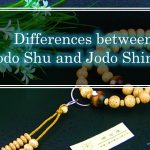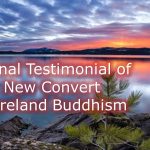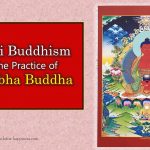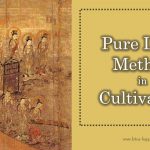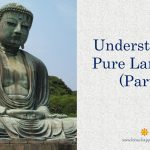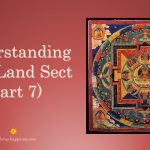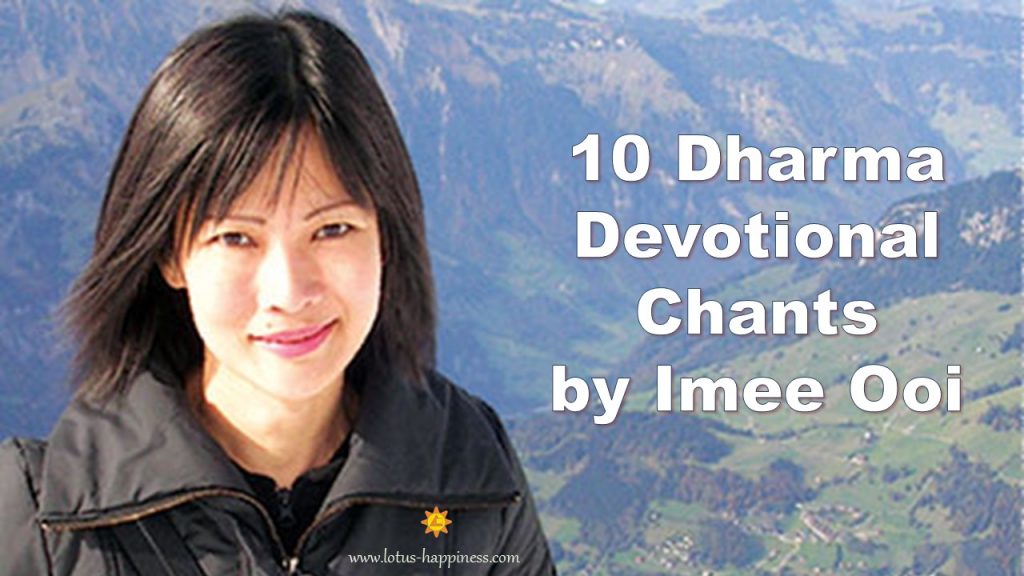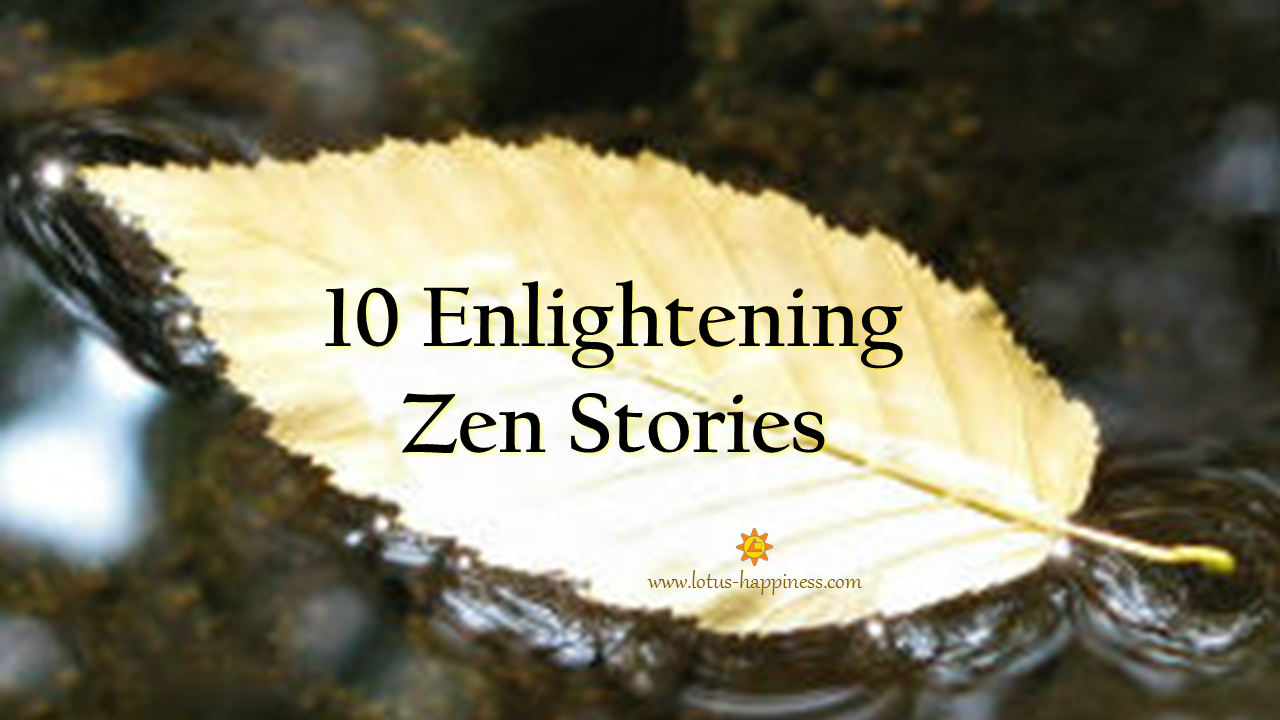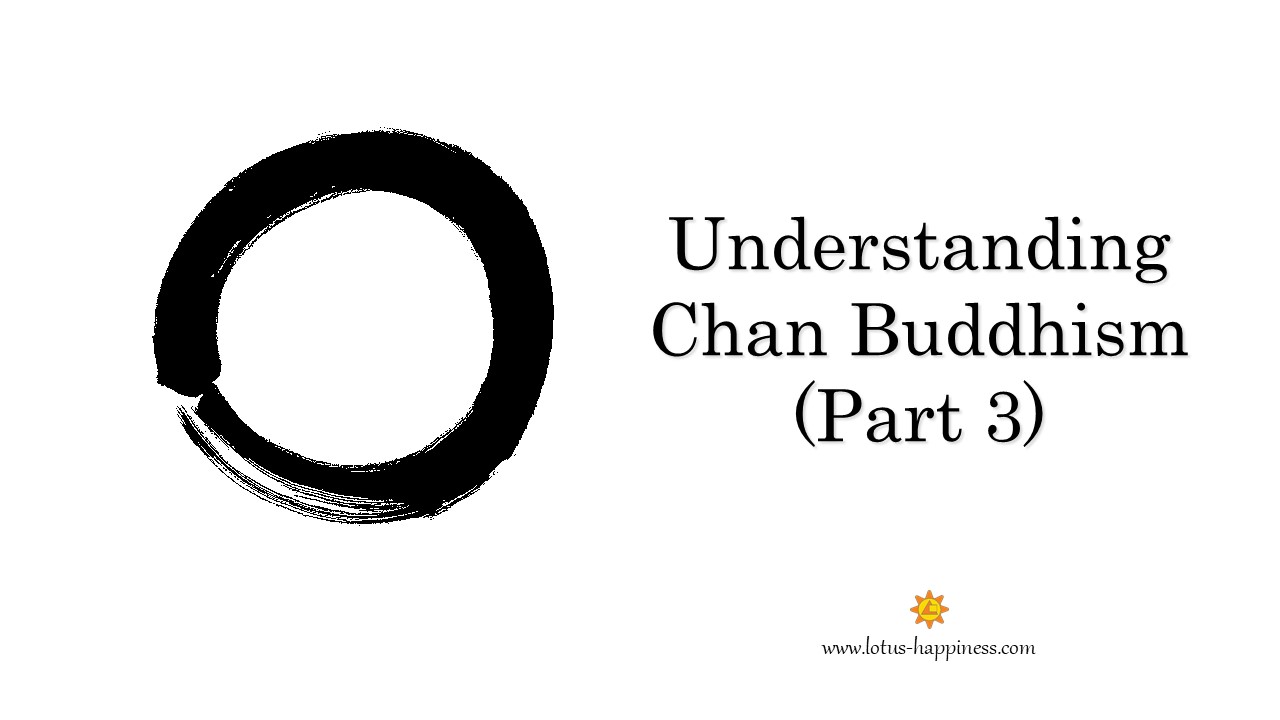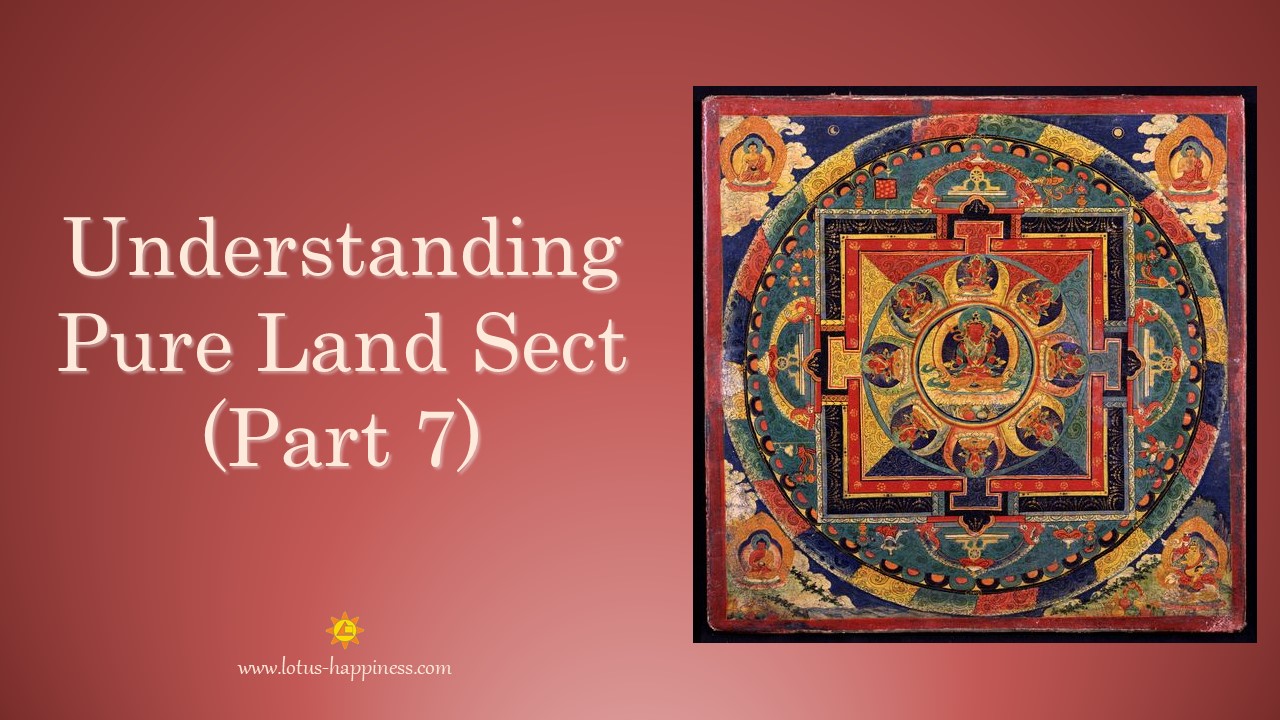Pure Land Part 5 
Understanding Pure Land Sect (Part 5)
Qualification of Rebirth in Pure Land
The prime purpose of Pure land Buddhism is achieving rebirth in the Pure Land. Who are qualified to be reborn in Pure Land?
As stated in Amitabha Sutra, “… by means of small good works [lit. roots] or virtues no one can be born in that country.”, one should have great merits and virtues, such as upholding the Five Precepts and practicing Ten Wholesome Deeds, etc. in order to be born in Pure Land.
An ancient master said, “If your Karma were not heavy, you would not have been born in Saha world. If thoughts of love-attachment are not severed, you cannot be reborn in the Pure Land.” As rebirth in Pure Land means ending the cycle of birth and death, one has to sever love-attachment before one can be reborn in the lotus flower in the Pure Land. Unfortunately, the seeds of this love-attachment have accumulated in previous lives and planted very deeply. Thus it is strongly recommended to sever love-attachment in thought after thought during reciting the Buddha’s name in practice.
Moreover, to practice Pure Land, one must abhor the conditions of suffering in the Saha world and make a sincere and vigorous vow to be reborn in the Sukhavati. It serves as the incentive to seek rebirth in the Pure Land. This point will be elaborated in Three Sambhara later.
As stated in the Contemplation Sutra, those who wish to seek the rebirth in different classes should have different requirements in the practices:
- Rebirth for the inferior class – “Those who wish to be born in that country of Buddha have to cultivate a threefold goodness. First, they should act filially towards their parents and support them; serve and respect their teachers and elders; be of compassionate mind, abstain from doing any injury, and cultivate the ten virtuous actions.”
- Rebirth for the medium class – “Second, they should take and observe the vow of seeking refuge with the Three jewels, fulfill all moral precepts, and not lower their dignity or neglect any ceremonial observance.”
- Rebirth for the superior class – “Third, they should give their whole mind to the attainment of perfect wisdom, deeply believe in the principle of cause and effect, study and recite the Mahayana doctrine, and persuade and encourage others who pursue the same course as themselves.“
Three Sambhara
The Dharma of recitation of the Buddha’s name requires strong determination, for instance, faith, vow and action, which is called Three Sambhara, also known as the Three Essentials. They are also counted as the assets and credits necessary for the rebirth in Pure Land.
Without a vow equals no faith. Vow without action equals no vow. Action without resolve equals no action: it also indicates that the vow is not sincere. An insincere vow means lack of true faith. A sincere vow reveals true faith and vice versa. Whenever the vow is sincere, the action is vigorous and diligent.
The great master Ou said, “Whether you are reborn in western Pure Land depends entirely on your faith and your vow; while the class or level of rebirth depends on the extent of recitation practice.”
Faith
Pure Land Buddhism is a religion of faith, of faith in Amitabha Buddha, so faith is the first essential gate entering the Path. Without faith, the essential things will not get accomplished, nor will anything good at all be accomplished. Conversely, when one is supported by deep faith and sincere practice, success to rebirth in Pure Land is assured.
Most people, including those well-educated or smart ones, are unable to have faith. They may have doubts on the existence of the Pure Land, or look down upon that the Pure Land is just an expedient means for the inferior beings, or worry this or that, etc. However, to have faith is sometimes difficult for those without good root developed in their previous lives. According to the Avatamsaka Sutra, the Pure Land teaching is within the domain of Buddhas, who comprehend exhaustively the profound teaching of the inconceivable.
If one deeply believes in this teaching, it means placing the worldly mind amidst the ocean of enlightenment. With the modest amount of wisdom, one can make the wonderful Dharma appear in all its radiance. This Dharma is the truth of the enlightened arising simultaneously with mind, thus allowing cause and effect to be manifested simultaneously.
The compassionate Amitabha Buddha, free from false vows, speaks of recitation of his name as the cause for rebirth in Sukhavati. In response to this cause, the effect in the form of Amitabha in the Sukhavati will surely be realized. One should not have the slightest doubt that one reaps as one sows.
Vow
Making a vow to attain rebirth in the Pure Land signifies a fundamental re-orientation of the practitioner’s motivation and will. If one does not want to go to Sukhavati, it is no way for one to be there. It is essential for the practitioners to have a strong desire to renounce from the defiled world like ours, and shift the focus to the blissful world like Sukhavati.
It is said in the Avatamsaka Sutra that “For the one who is in his/her final moment, all of the organs disperse; family and relatives are far away; wealth and possessions are no longer of any use to him/her; only the great Vow never departs, directing the drying person toward the moment of rebirth in western Pure Land.”
The vow is generated by faith and faith is realized by the Vow. When both the faith and the vow are genuine, the right action inevitably follows. When a joyful realm is entered during recitation, it is essential to continue without interruption, and the same holds true when a defiled state arises. Despite any glorious and horrible situation, just hold on to the great vow without succumbing even if the suffering seems unendurable. When the predicament is great but the vow is not relinquished, the suffering becomes somewhat more tolerable. Holding on the Buddha’s name earnestly, one cannot be defeated by conditions no matter how unfavorable they might be. On the other hand, although the Buddha’s name consists of only one word thus making the recitation very easy, those clinging to the Saha world cannot accomplish the task of rebirth in western Pure Land. Thus, vow is very important in Pure Land.
Amitabha Buddha makes 48 great vows to save all sentient beings from suffering. He completes his Bodhisattva practices for the adornment of his Pure Land, and finally attains Buddhahood. He further transforms his body countless times to guide sentient beings towards rebirth in His Pure Land so that they might see the Buddha. These are all accomplished by Amitabha’s great vows.
Amitabha and his vows are similar to a seaworthy boat to carry all sentient beings to the other shore without sinking into the world of defilements and the sea of sufferings. However, if one does not wish to go aboard, there is nothing others, including the Buddha, can do. One should make the vow seeking the rebirth in western Pure Land, leaving this shore of suffering for the other shore of happiness. It is, of course, essential to recite ‘Amitabha Buddha’.
Practice
To ensure the rebirth of Pure Land, practice is absolutely necessary. In fact, Pure Land Buddhism is not just a religion of faith, but also a religion of practice, through which direct personal religious experience can be attained. There is not much theoretical teaching in Pure Land Buddhism as compared with that of Tien Tai sect, Hua Yen sect, Mere-consciousness sect, etc. The practitioners need not study the philosophical aspects of Pure Land Buddhism, but just focus on practice Buddha recitation.
According to the Amitabha Sutra, it seems to be easy to be reborn in Pure Land, e.g. utter the Buddha-name ten times wholeheartedly with undisturbed mind (singlemindedly). However, there are other aspects to be considered,
- How one can be sure that one has undisturbed mind at the time of death?
- There are many other qualifications for the rebirth in Pure Land as discussed in section 90.1
- There are many different classes or grades of rebirth in Pure Land as discussed in section 90.1.
For instance, here is a verse to praise high-grade beings born in Pure Land,
With faith, vow and practice fully developed,
Profoundly understanding the principles of the truth,
The Pure Land is wherever they go
As they witness birthlessness
Thus, one should practice Buddha Recitation in daily lives, striving for ‘one-pointedness of mind’ at the time of death.
The practice of Buddha recitation is detailed in next chapter.
Bodhi Mind
Apart from faith, Pure Land Buddhism is based on compassion, as Pure Land is established and adorned for all beings who wish to depart from suffering and seek ultimate happiness, just as Queen Vaidehi. As referred to the 19th vow of Amitabha Buddha, one should direct their mind towards Bodhi, supported by one’s compassion and one’s Bodhisattva vows, and aim to obtain happiness for all sentient beings helping them to depart from suffering. It is also a condition that Amitabha Buddha will appear with an assembly of retinue before the practitioner at the moment of his death.
Literally, the Bodhi Mind means ‘to seek the Buddha Way upwards, while to transform sentient beings downwards‘. It is also known as Superb Vow.
Merit Transference
Every time at the end of the practice in Buddha remembrance, one should make a vow and transfer the merit of the practice to all the beings in the worlds by saying,
I wish to be reborn in the Western Pure Land,
With the nine classes of lotus blossom as my parents.
When the lotuses are in full blossom, I shall see Amitabha Buddha,
And be enlightened to the Absolute Truth, with non-retrogressing Bodhisattvas as my compassion
This should be done twice a day, such as in the morning and in the evening.
In Pure Land Buddhism, it is very important because the adornment of Sukhavati is the joint effort of all the practitioners, who transfer their virtues and merits and contribute in the formation of Sukhavati, just like we all contribute our effort in the development of our community and the world.

